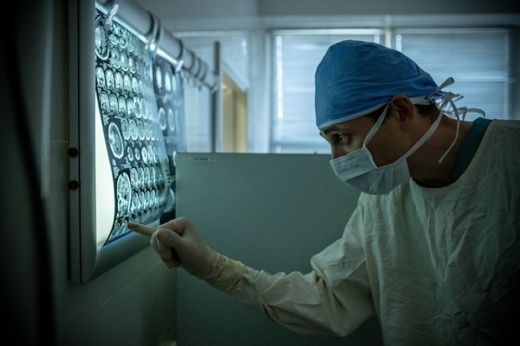The overview
The robotic bronchoscopy system allows physicians to perform lung biopsies to reach small, hard-to-access lung nodules with greater precision than traditional methods, hospital officials said in the release.
Officials said the tool has been used since late February to help diagnose lung cancer after previous biopsies revealed potential lesions in patients. The minimally invasive technology is the first-of-its-kind in Fort Bend County, per the release.
“This technology is a game changer,” Dr. Priya Oolut, Houston Methodist Sugar Land Hospital’s lung nodule program medical director, said in the release. “It allows us to detect and diagnose cancer sooner, while it's still highly treatable.”
Why it matters
Officials said early diagnosis is key as lung cancer to determining its treatability. Patients diagnosed in Stage I or II have five-year survival rates of up to 65%, while the survival rate at Stage III or IV is less than 30%, hospital officials said in an email.Some symptoms include coughing up blood, repeated respiratory infections, a new or changed, frequent cough and ache or pain in the shoulder, back, or chest, according to the release.
To qualify for lung cancer screening, patients must be 50-80 years old, have at least a 20-year smoking history, be asymptomatic and not have had a chest CT scan within the last year, hospital officials said in the email.
Zooming out
Oolut was selected last April to expand the lung nodule program, which started in March of 2024, at the Sugar Land campus, which focuses on early detection, per hospital officials.
On top of screenings, the program offers expedited appointments, oncology nurse navigators and a multidisciplinary care team, according to the release.
What else?
The hospital is designated a Screening Center of Excellence by the Lung Cancer Alliance and the American College of Radiology, according to the release.




